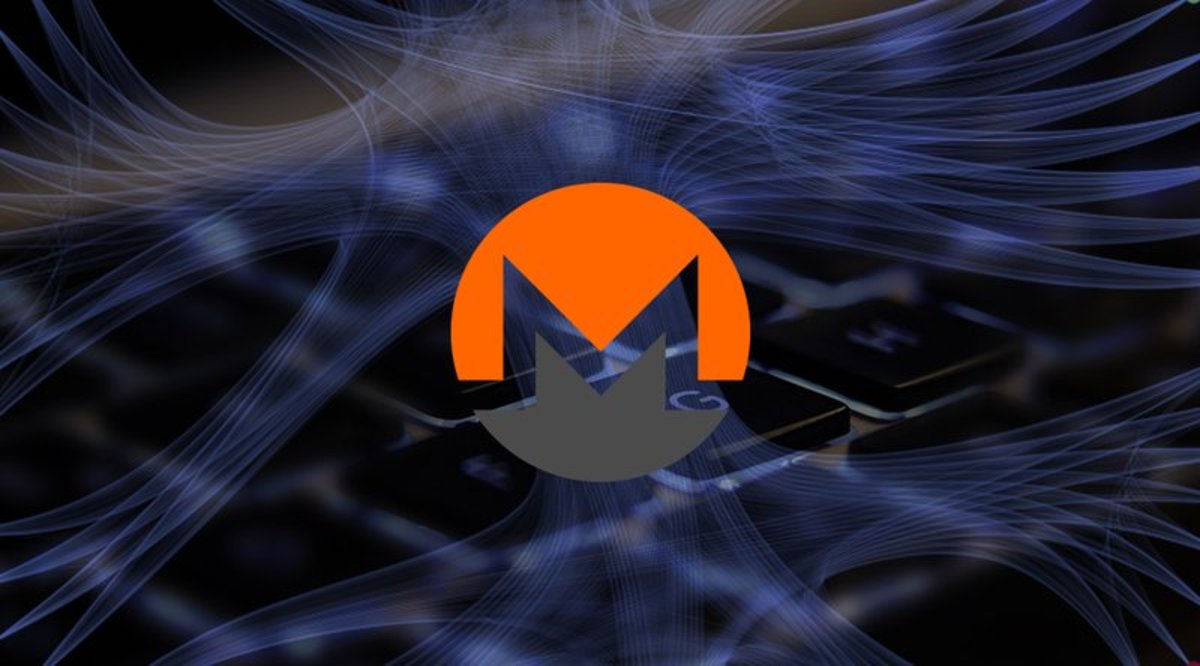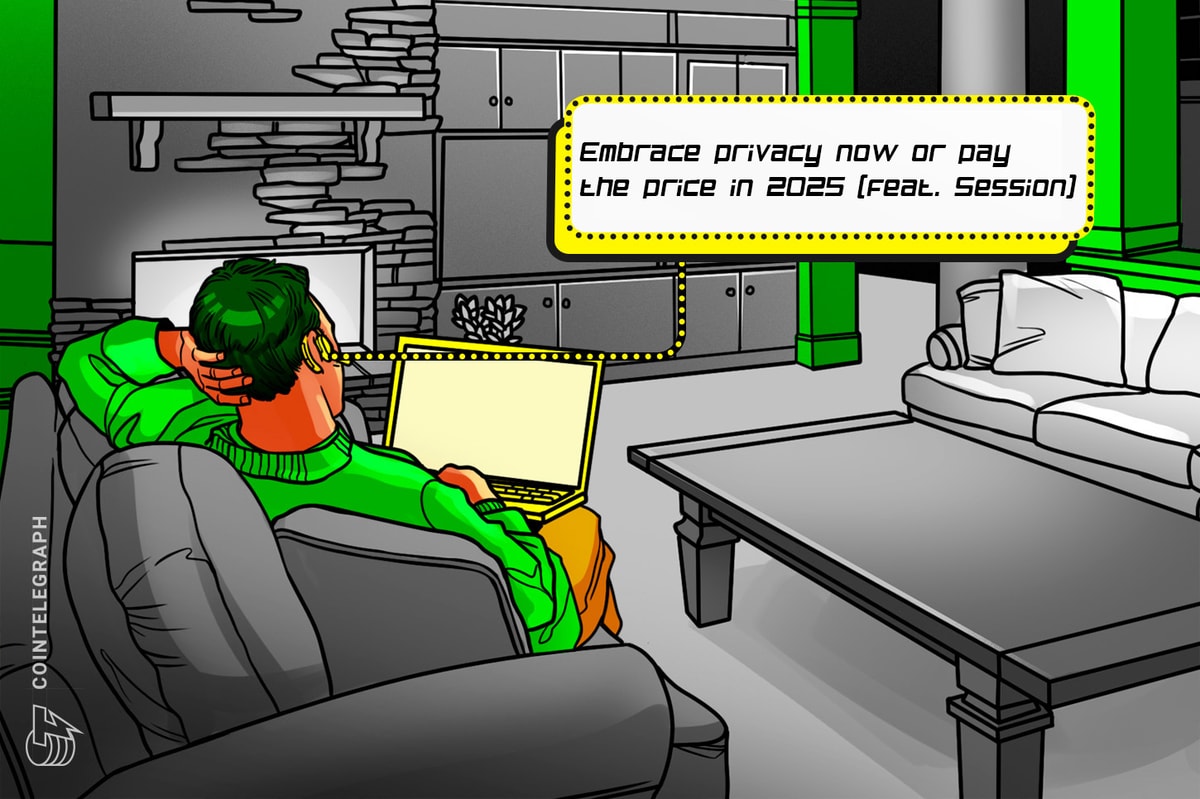
The dark web has started to embrace Monero, a privacy-conscious alternative to Bitcoin.
First, the operators of SIGAINT, a commonly used dark web email provider, decided to host a full node for Monero light wallets. Then, an eight-month-old darknet market called Oasis decided to allow vendors to accept Monero. Finally, Alphabay, the largest darknet market in operation right now, announced the first phase of Monero implementation on their platform.
Why Monero?
Staff members at Alphabay and Oasis say that customers and vendors have simply demanded the Monero option. “It's a lot more secure than Bitcoin, especially when it comes to obfuscation,” said an anonymous member of the Alphabay support staff.
Although the darknet marketplaces tend to get negative press, the reality is that many of them bend over backwards for their customers; at least until they (some of them) exit scam. “We have received a lot of requests about it; we've studied the cryptocurrency, and we've decided to implement it,” said an Oasis staff member. “This is what we do when users (both customers and vendors) suggest that we implement or change features. We love to hear back from everyone.”
The hidden service set up by the operators of SIGAINT acts in a manner similar to Electrum for those who are familiar with that particular Bitcoin wallet. The hidden service allows individuals to use lightweight Monero clients as opposed to running a full node on their own. When visiting the hidden service via the Tor Browser, information about Monero is shown, including the following message:
"The SIGAINT operators firmly believe that Monero is the next logical step in Darknet commerce. It solves most of the privacy problems that plague cryptocurrency systems such as Bitcoin."
Bitsquare and ShapeShift.io appear to be the two options for obtaining Monero via Tor at the moment.
Why Not Dash or Zcash?
In addition to their reasons for supporting Monero, the SIGAINT operators have reasons not to prefer other options, such as Dash or Zcash. In the case of Dash, the site operators are wary of possible collusion by that digital currency’s supernodes. With Zcash, the operators are concerned about the company’s registration in the United States, the fact that mixing is done on an opt-in basis and the possibility of secret inflation initiated by the maintainers of the system.
The site operators also claim CoinJoin is not enough to maintain transaction unlinkability in Bitcoin. In a Reddit comment, Bitcoin Core contributor Luke-Jr seemed sympathetic to this viewpoint. “Only a fool would use Bitcoin as it is today for darknet,” he stated.
The staff members of Alphabay and Oasis seemed less inclined to talk about other privacy-centric digital currencies. “Haven't read about [them] yet,” said an Alphabay staff member when asked about Dash and Zcash.
One staff member from Oasis, which runs on donations, made it clear that they’re mainly interested in keeping their customers happy:
“Users requested the Monero implementation; we wouldn't have done anything without their request. There are tons of other cryptocurrencies out there and we obviously cannot implement them all. We will always be based first on our users’ feedback.”
What Does This Mean for Bitcoin?
Bitcoin’s main value proposition is as a fungible, bearer ecash that cannot be censored or tracked, but it’s unclear whether Monero will be able to chip away at the leading digital currency’s nearly $10 billion market cap. The price of Monero roughly doubled in the aftermath of these darknet announcements before coming back down to the 0.007 BTC area.
Although staff members from Alphabay and Oasis did not seem philosophically married to Bitcoin in their comments to Bitcoin Magazine, Monero faces many challenges on the road toward more widespread adoption on the dark web or as a store of value. Even Riccardo Spagni, a well-known Monero developer, does not tell people they should buy Monero. Instead, he views it as a place of experimentation for features that cannot currently be tested on Bitcoin. It’s possible that this sort of testing will take place on Bitcoin sidechains in the near future.
Even in a scenario where Monero gains traction on the dark web, it’s unclear if that would be enough for it to become a preferred store of value. Bitcoin still has a much longer track record and a much more liquid market, so it’s possible that darknet market customers and vendors will use Monero as an appcoin more than anything else, even if moving in and out of the Monero system would harm their privacy.
The push toward Monero on the dark web is a development worth watching, but it’s not the first time a darknet market has accepted an alternative, privacy-conscious digital currency. Two small markets accepted Dash (then called Darkcoin) in late 2014, but the altcoin was not able to gain any traction on the dark web. Time will tell if things will go differently for Monero.










